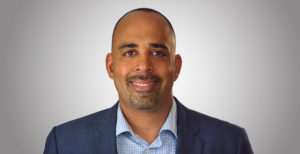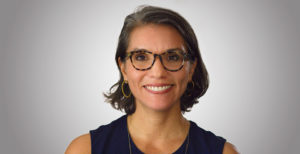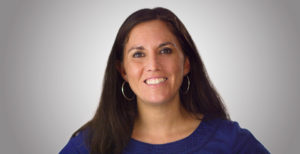Project Overview
America’s legal profession is 80% white and male, a lack of diversity due in part to the daunting cost of licensing: the vast majority of law students take out an average of $100,000 in loan debt. At the same time, people of color face significant barriers to accessing legal careers that serve their communities: while law student enrollment increases annually, the number of law students of color declines. Taking a boldly unconventional approach to legal education, Esq. Apprentice responds by using California’s existing legal apprenticeship program to create a formal, no-cost pipeline for non-traditional law students to gain entry into and reimagine the legal profession. Once a widely used career pathway—but now available in just four states—legal apprenticeship allows people to become fully licensed attorneys through part-time study in a lawyer’s office or a judge’s chambers, without amassing crippling debt. By offering support through the apprenticeship process, and pairing low-income youth with lawyer-mentors who strengthen their social capital, Esq. Apprentice aims to empower community-minded attorneys who can in turn shape a more equitable and culturally responsive legal practice.
Five Questions
Learn more about this project
Meet our other 2017 awardees

Western North Carolina
Connecting cultural heritage, youth retention, and economic revival, The Industrial Commons helps small to mid-size manufacturers convert to worker-ownership.

Washington, D.C. and San Diego, CA
Seeking to restore imperiled coral reefs, Coral Vita is leveraging for-profit tools to build a network of high-tech coral farms.

Washington, D.C.
Rising Tides brings expertise on climate adaptation and cultural heritage directly to vulnerable communities to save America’s histories, traditions, and cultures.

Neighborhood Opportunity and Accountability Board (NOAB)
California
A neighborhood-led model for youth justice seeks to re-route resources spent on locking youth up, and instead invest in young people and their communities.

Swapna Reddy &Elizabeth Willis
Asylum Seeker Advocacy Project (ASAP)
New York
ASAP offers a model for “lawyering in a crisis” by crowdsourcing short-term volunteers to provide rapid legal services to asylum-seeking families.

California
Through the nation’s first farm labor trust, immigrant farmworkers are reaping the benefits of worker-ownership while strengthening America’s food economy.

Texas
Jolt is pioneering a Latino youth-led movement across Texas to fight for stronger immigrant protections and rewrite the immigration narrative.

Ho‘oulu Pacific
Hawaii
Ho‘oulu Pacific’s win-win model of “distributed agriculture” provides income for household farmers and healthy, affordable food for Hawaiians.

 Learn More
Learn More